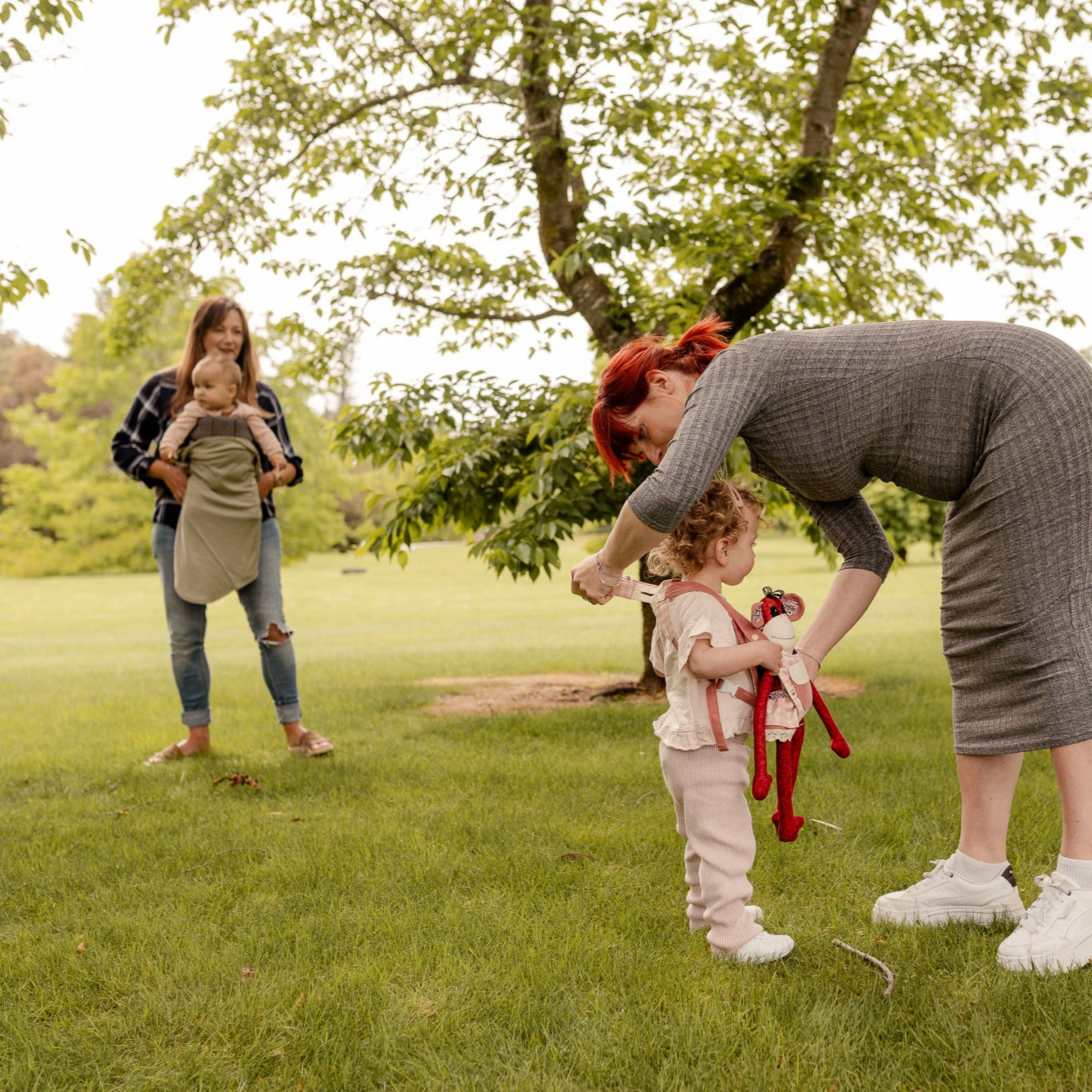
Intergenerational Connection & Cognitive Health
The relationship between intergenerational connection and cognitive health represents one of the most compelling arguments for maintaining strong grandparent-grandchild bonds, particularly across distance. Emerging neuroscience reveals that social engagement—especially the cognitively demanding work of relating to younger generations—provides powerful protection against cognitive decline.
A landmark 2014 study published in Menopause by the Women's Healthy Ageing Project found that grandmothers who cared for their grandchildren one day per week scored higher on cognitive tests than those who had no caregiving responsibilities. The researchers suggested that the mental stimulation of engaging with children—answering endless questions, teaching new skills, adapting communication styles—exercises critical cognitive functions including working memory, processing speed, and executive function.
Dr. Norman Doidge, author of The Brain That Changes Itself, emphasises neuroplasticity's role in healthy ageing. He argues that the brain remains capable of forming new neural connections throughout life, but only when sufficiently challenged. Intergenerational relationships provide exactly this kind of challenge: they require perspective-taking, creative problem-solving, emotional regulation, and continuous learning about contemporary culture and technology.
The cognitive benefits extend beyond active caregiving. A 2016 study in the North American Journal of Psychology found that grandparents who maintained regular communication with grandchildren—including through letters, phone calls, and video chats—showed slower rates of cognitive decline over a five-year period compared to socially isolated peers. The researchers theorised that the anticipation and preparation involved in maintaining long-distance relationships (composing letters, planning visits, remembering important dates) provides ongoing cognitive exercise.
Importantly, these benefits appear to be bidirectional. Dr. Dan Siegel, clinical professor of psychiatry at UCLA and author of Brainstorm: The Power and Purpose of the Teenage Brain, notes that when children maintain relationships with grandparents, they develop stronger "mindsight"—the ability to understand another person's perspective. This intergenerational perspective-taking builds empathy and cognitive flexibility in young people.
The dementia-prevention implications are particularly significant. The Lancet Commission on Dementia Prevention identified social isolation as one of 12 modifiable risk factors for dementia. They estimated that addressing loneliness and maintaining social connections could prevent or delay up to 4% of dementia cases globally. For grandparents separated by distance, this research underscores the importance of not simply accepting disconnection as inevitable, but actively building connection practices that keep the mind engaged.
What makes these findings especially relevant for remote grandparenting is that the cognitive benefits don't require daily, in-person contact. The mental work of crafting a meaningful letter, choosing an appropriate gift, or learning to use video technology to stay connected provides the kind of cognitive challenge that supports brain health. As author and gerontologist Dr. Louise Aronson writes in Elderhood, "Old age is not about decline; it's about continuing to grow, just differently."
References
- Aronson, L. (2019). Elderhood: Redefining aging, transforming medicine, reimagining life. New York: Bloomsbury Publishing.
- Burn, K. F., Henderson, V. W., Ames, D., Dennerstein, L., & Szoeke, C. (2014). Role of grandparenting in postmenopausal women's cognitive health. Menopause, 21(10), 1069-1074.
- Doidge, N. (2007). The brain that changes itself: Stories of personal triumph from the frontiers of brain science. New York: Penguin Books.
- Livingston, G., et al. (2020). Dementia prevention, intervention, and care: 2020 report of the Lancet Commission. The Lancet, 396(10248), 413-446.
- Moore, S. M., & Rosenthal, D. A. (2016). Personal growth, grandmother engagement, and satisfaction among volunteer grandmothers. North American Journal of Psychology, 18(2), 495-504.
- Siegel, D. J. (2013). Brainstorm: The power and purpose of the teenage brain. New York: Tarcher/Penguin.
Discover All Our Mail-Friendly Treasures





Join Our Community Of Grandparents
We would love for you to become part of our community and foster those special relationships with loved ones.
Our newsletter goes out once a month and is choc full of tips, tricks, research as well as new collections and exclusive offers.

